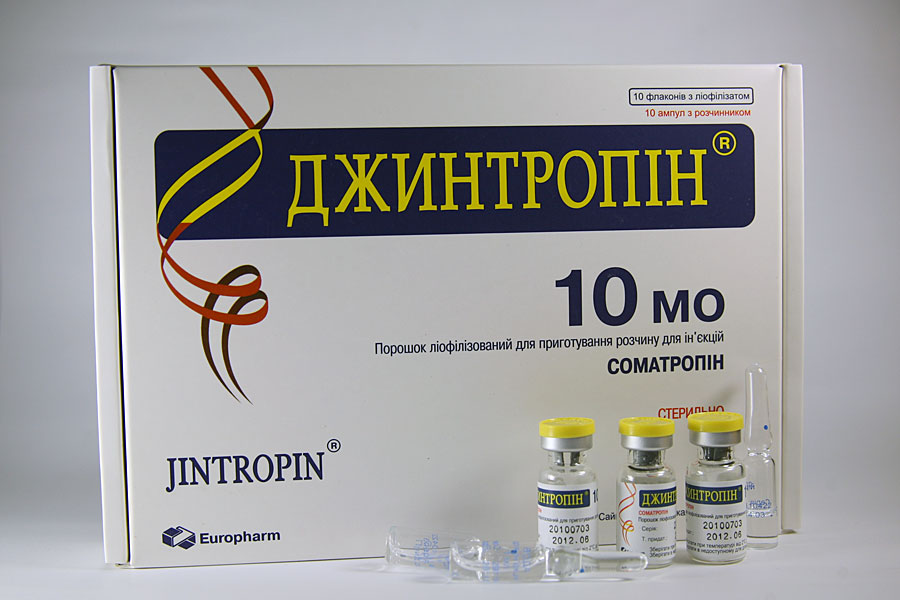
Senators Charles Schumer (D-NY) and Chuck Grassley (R-IA) have modified a bill that would have added human growth hormone (HGH) to the Controlled Substances List. The bill was introduced as a kneejerk reaction to revelations of widespread HGH use in professional baseball. But in the end, legislators avoided making the same mistake with HGH as they did with anabolic-androgenic steroids (AAS) with the Anabolic Steroid Control Act of 1990. (“HGH bill altered to help children,” April 16)
Senators Charles Schumer, D-N.Y., and Chuck Grassley, R-Iowa, have dropped language in the bill that would have put HGH on the same legal plane as anabolic steroids, a move that would have severely limited access to the synthetic hormone.
For example, under the bill’s original language, HGH would not have been widely available through the mail and would not have been available in longer than six-month supplies. Because doctors specializing in childhood growth disorders often are far from patients, such controls could have caused hardship for families with children using the drug.
The atmosphere of steroid hysteria resulted in overwhelming bipartisan support for the original HGH bill practically guaranteeing passage of the legislation. When it comes to steroids and performance enhancing drugs, it appears that emotional arguments generally trump intellectual arguments. But fortunately, and surprisingly, the Sen. Schumer and Sen. Grassley rationally examined the evidence of the adverse consequences, particularly for children, of making HGH a Scheduled-III controlled substance.
“We’ve ran into some things that we didn’t anticipate. We were enlightened by the parents whose children legitimately need HGH,” Grassley told USA TODAY on Tuesday. “Making it (a more tightly controlled substance) would have created a lot of red tape for them.”
Sadly, Sen. Schumer and Sen. Grassley are not students of history when it comes to the Controlled Substances Act; otherwise, they would already known how political misuse of the Controlled Substances Act (especially involving doping in sports) can adversely affect availability of pharmaceuticals for patients who needs these therapies for health, wellness, and survival. The addition of anabolic steroids to the Controlled Substances List with the Anabolic Steroids Control Act of 1990 had adverse unintended consequences for untold numbers of patients who had legitimate medical indications requiring anabolic steroid treatment.
We can thank Sen. Mike Enzi (R-WY) and Sen. Richard Burr (R-NC), who were widely criticized for doing so at the time, for placing a temporary hold on the original HGH legislation thereby allowing reason to prevail over emotion in the Senate. But most credit should go to the MAGIC Foundation, a non-profit organization dedicated to “providing support services to the families of children afflicted with chronic and critical disorders, syndromes, and diseases that affect their growth,” for their activism in the matter.

About the author
Millard writes about anabolic steroids and performance enhancing drugs and their use and impact in sport and society. He discusses the medical and non-medical uses of anabolic-androgenic steroids while advocating a harm reduction approach to steroid education.

Is HGH a Controlled Substance in the state of Florida?